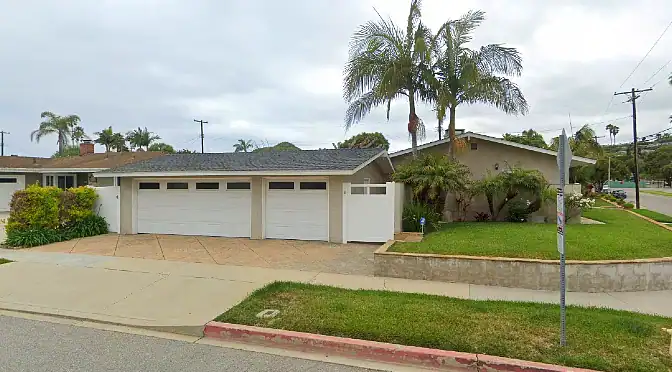
Interim Financing in Real Estate – Interim Loans for Real Estate
In the real estate industry, the need for fast and flexible funding solutions is paramount. Interim financing is a strategic tool that addresses immediate financial gaps in the world of property transactions and developments. This comprehensive guide will explore the specifics of interim financing in the context of real estate. From its definition and mechanics to its applications, benefits, drawbacks, and more, you’ll gain an understanding of how interim financing plays a pivotal role in the dynamic landscape of real estate transactions.
What is Interim Financing in Real Estate?
Interim financing for real estate, refers to a short-term funding solution that bridges the financial gap between property transactions. It allows buyers, sellers, and developers to ensure the seamless progress of a real estate project while securing permanent funding or until the real estate can be sold. Essentially, it serves as a financial bridge to prevent disruptions and capitalize on real estate opportunities.
How Does an Interim Loan for Real Estate Work?
An interim loan for real estate involves securing short-term funds with real estate as collateral to cover various aspects of a real estate transaction or project. It typically involves obtaining a loan to purchase real estate or cover costs such as down payments, renovation expenses or construction costs. Once the permanent funding is secured or the property is sold, the interim financing is repaid.
When is Interim Financing Used in Real Estate?
Interim financing is used in a range of real estate scenarios. It is commonly used when there’s a need to close a deal quickly, renovate a property before sale, or bridge the gap between property purchases and sales. Real estate investors often turn to interim financing to quickly secure a property and then seek a long-term financing option.
Benefits of Interim Financing in Real Estate
The main benefit of an interim loan for real estate is enabling investors to capitalize on time-sensitive opportunities. It also provides flexibility in negotiations, as buyers can make competitive offers with interim financing in hand. Additionally, real estate investors can avoid delays and maintain momentum in their projects.
Drawbacks of Interim Financing in Real Estate
The drawbacks of interim financing include the higher cost and the short-term nature of this financing solution. Interest rates and fees are typically higher than traditional long-term loans. Additionally, there’s a need for a clear and viable exit strategy to transition into permanent financing as interim financing is commonly only available for 1-3 years.
How Do Bridge Loans Differ from Interim Financing in Real Estate?
Bridge loans and interim financing are similar but are used in slightly different situations. Bridge loans specifically assist in purchasing a new property while awaiting the sale of an existing one. Interim financing includes a broader range of financial needs within real estate projects.
Who Provides Interim Financing in Real Estate?
Various entities provide interim financing for real estate such as traditional banks, credit unions, private lenders and online lending platforms. Each source offers different terms, interest rates, and requirements, providing investors with a range of options. Private lenders or hard money lenders are capable of providing interim financing much more quickly when compared to other types of lenders.
Eligibility Criteria for Interim Financing in Real Estate
Eligibility for interim financing in real estate depends on various factors such as creditworthiness, the property’s value, the investor’s financial strength, the loan to value and the exit strategy. Lenders will assess the viability of the project and the borrower’s ability to repay the loan.
Types of Real Estate Projects or Situations Requiring Interim Financing
Interim financing is invaluable in various real estate situations. It’s commonly used for property renovations, purchasing fixer-uppers or funding new construction projects. Real estate investors also rely on interim financing during competitive bidding scenarios when waiting for traditional financing isn’t an option. For international investors participating in citizenship by investment programs, interim financing can be particularly valuable. Interim financing enables investors to secure financing quickly against California real estate and then invest the funds in foreign real estate to meet program requirements.
Typical Terms and Interest Rates for Interim Financing in Real Estate
The terms and interest rates for interim financing in real estate vary widely. Factors such as the lender’s policies, the borrower’s credit score, and the specific project details influence these terms. Interest rates for interim financing tend to be higher than those for traditional mortgages due to the short-term nature of the loan.
Recent Hard Money Loans Funded by North Coast Financial
Bridge Loans Resource Guide
California Hard Money Loan Request
We will contact you to review the loan scenario and provide a quote.




